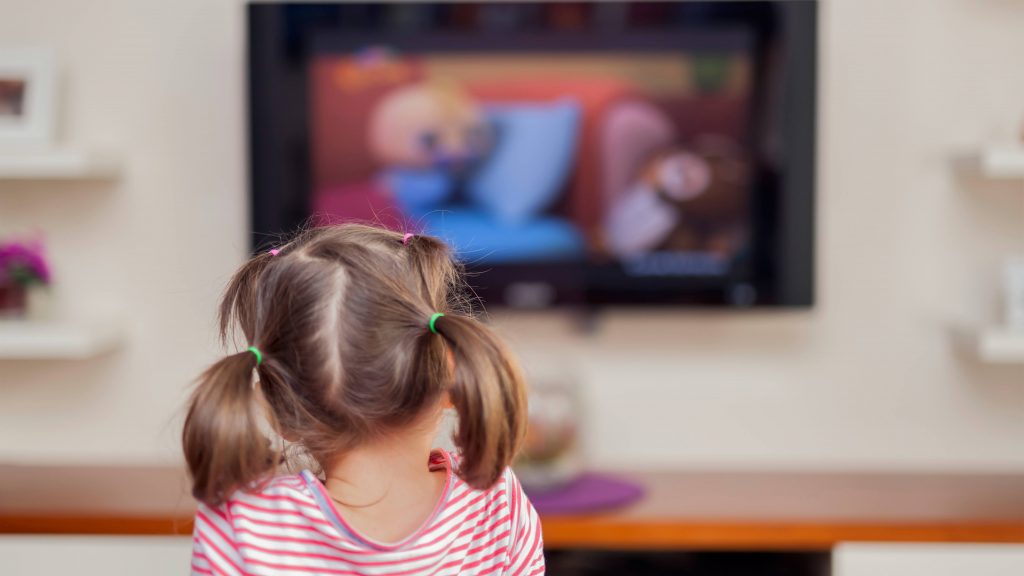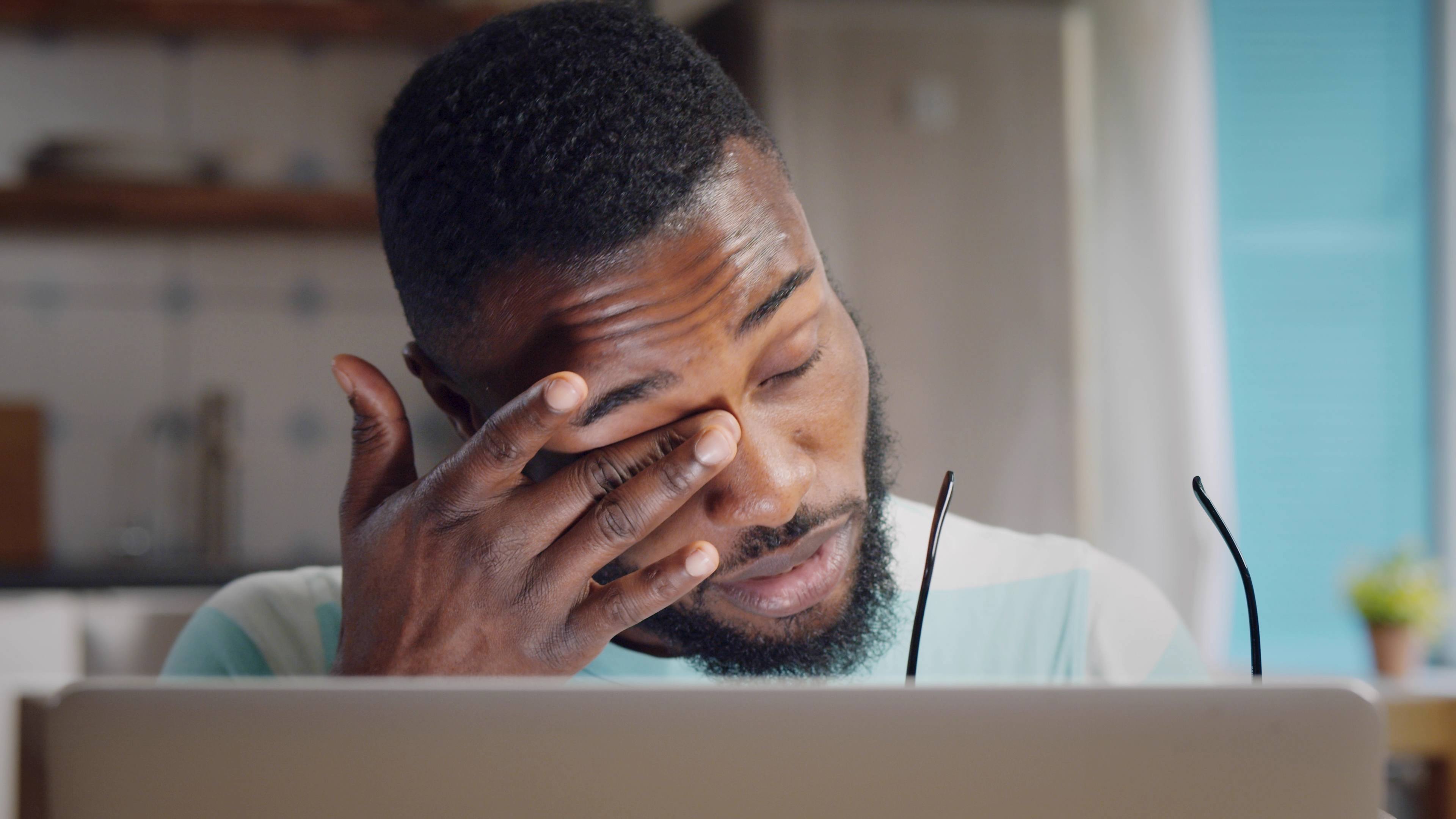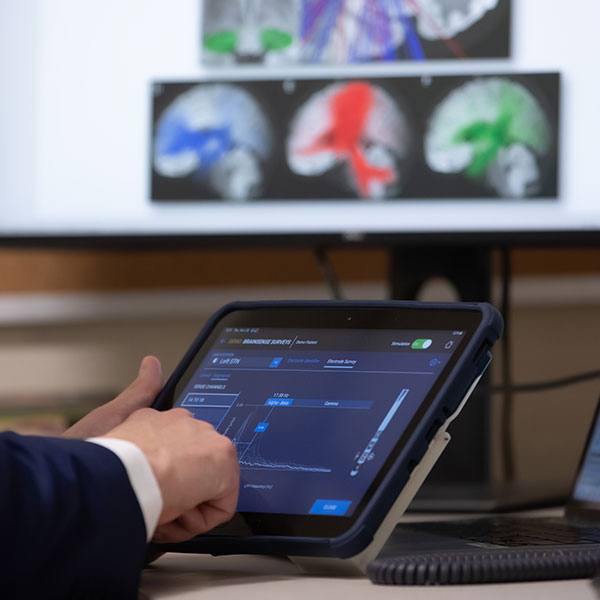-
COVID-19: Informed but not overwhelmed

World events, like the COVID-19 pandemic, can create uncertainty and a feeling of being out-of-control. Collecting information and keeping up with the news can be helpful, according to Dr. Craig Sawchuk, a Mayo Clinic psychologist. "But at some point it can actually be too much of a good thing," he says. "It’s important, whether we are on social media or regular media channels, that we establish some limits."
Dr. Sawchuk recommends people spend about 15 to 30 minutes, once or twice a day, catching up on the news. "That can usually help get you to a point where you feel informed enough, but not too informed where it can induce more stress and anxiety."
Watch: Dr. Sawchuck discusses being informed but not overwhelmed.
Journalists: Sound bites with Dr. Sawchuk are in the downloads at the end of the post. Please courtesy "Craig Sawchuk, Ph.D. / Psychiatry & Psychology / Mayo Clinic."
Dr. Sawchuk says there are ways to manage stress during this tense time. "Really think about it like building the buffers, refilling the tank," he says. "These can be things like relaxation multiple times throughout the day. Very brief activities that act almost like pressure-release valves."
Being productive can also help release tension and minimize the feeling of being overwhelmed. And Dr. Sawchuk says our brain likes novelty, so try teaching yourself something new, like a language. He also suggests that keeping a sense of humor can help relieve the weight of worry.
Staying connected with others in an appropriate and healthy way during this difficult time is another way to release tension. "This is when making sure we’re connected with folks, either by phone, by texting, with video messaging is important," says Dr. Sawchuk. He says all of these outlets can help build those buffers and help people get through difficult times.
As for helping children navigate COVID-19 information, Dr. Sawchuk says they're obviously at a very different place, developmentally and emotionally, as they are facing these pandemic uncertainties. Children are looking for guidance during this time. "We’ve got to make sure that we’re in a good place and that we can regulate our emotions," he says.
"From a caregiver perspective, it’s always important to take the lead of the child," Dr. Sawchuk says. "Understand where they are, in terms of their knowledge and their information, and work from there."
Validating their concerns is important but Dr. Sawchuk says caregivers need to be able to shift the conversation. "Tell them, 'I understand you’re really worried about this, but let’s focus on positive things we can do together. Things that we can control like washing our hands, maintaining good distance, making a grocery list together and come up with healthy activities during the day."
Related posts: COVID-19 and your mental health
_________________________________________________
For the latest updates on the COVID-19 pandemic, check the CDC website. For more information and COVID-19 coverage, go to the Mayo Clinic News Network and mayoclinic.org.







